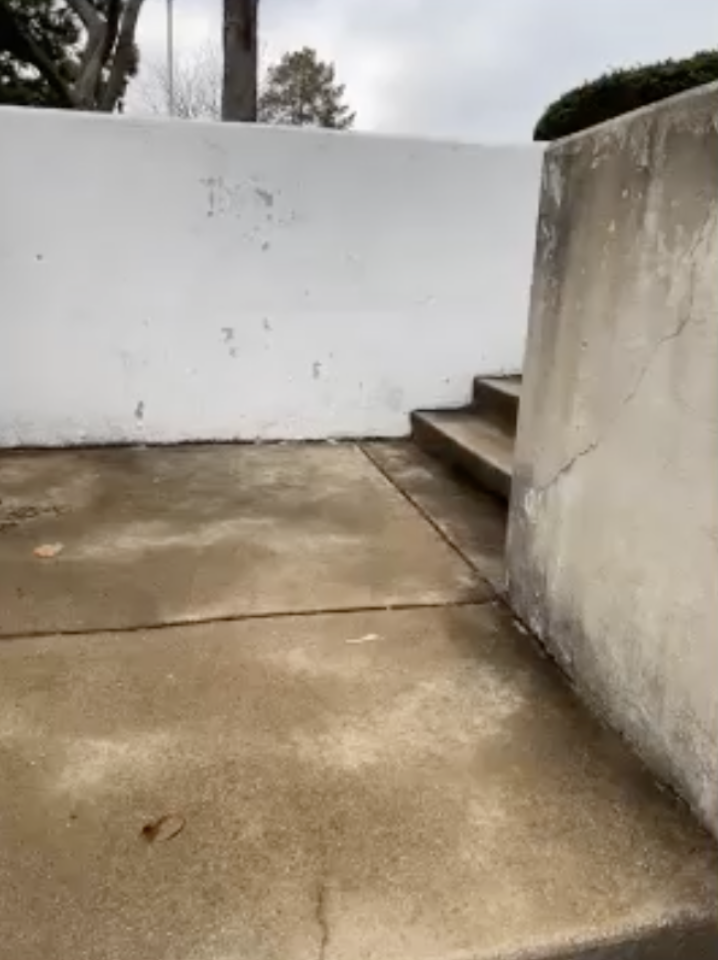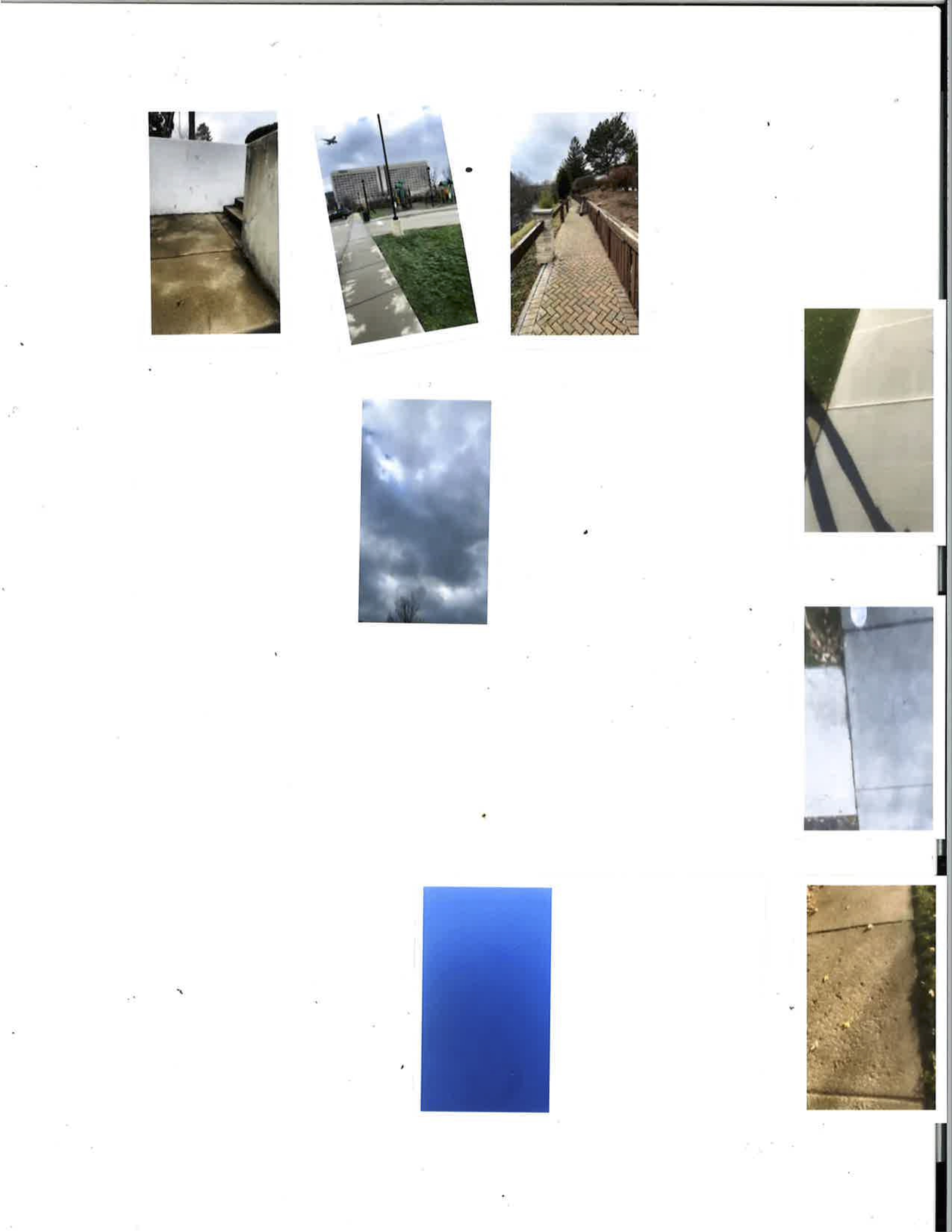CLEAVE
2023
in collaboration with undergraduate students from University of Illinois at Chicago
1. cleave (v) [kleev] to split
2. cleave (v) [kleev] to join
a tuning of dis-member and re-member
Over the course of several weeks, a collective named CLEAVE accepted an impossible task of becoming collective experts in the field of habits. To begin, each member of CLEAVE agreed to solve someone else’s undesirable habit. We all oscilated between the absurdity of that mission and the sincereity of empathesizing with each other’s habits. During our time together, we asked ourselves --- what happens if we address our daily habits as feedback loops, or living systems, instead of judging them good or bad? Could we engage with our habits as sites of awareness? What are they telling us if we listen?
After weeks of collective and individual work on the subject, we decided to perform a Habit Helpline on Zoom for a live audience. Members of CLEAVE joined the hotline while on a walk through their own neighborhoods.
CLEAVE’s Habit Helpline didn’t seek to give life-altering advice. We didn’t share a common goal of fixing an audience’s problems. We agreed to sit in the murky waters of what it was like to be a body that likes patterns. CLEAVE conformed to a formula when speaking to the audience — a feedback loop, of sorts. After someone from the audience asked for advice, CLEAVE would begin with a direct response. From there, each subsequent CLEAVE member would respond to the response before them. CLEAVE members were building on one another’s responses, deviously leaving behind the original habit in question.
Our answers were a medley of unremarkable, absurd, and earnest tips for how to behave in the world. The experts of CLEAVE were on a Zoom walk when giving their breathy advice to a group of strangers sitting in a classroom, calling attention to movement.
“To question the habitual. But that’s just it, we’re habituated to it. We don’t question it, it doesn’t question us, it doesn’t seem to pose a problem, we live it without thinking, as if it carried within it neither questions nor answers, as if it weren’t the bearer of information….How are we to speak of the “common things,” how to track them down rather, flush them out, wrest them from the dross in which they remain mired, how to give them a meaning, a tongue, to let them finally speak of what is, of what we are.”
Georges Perec


